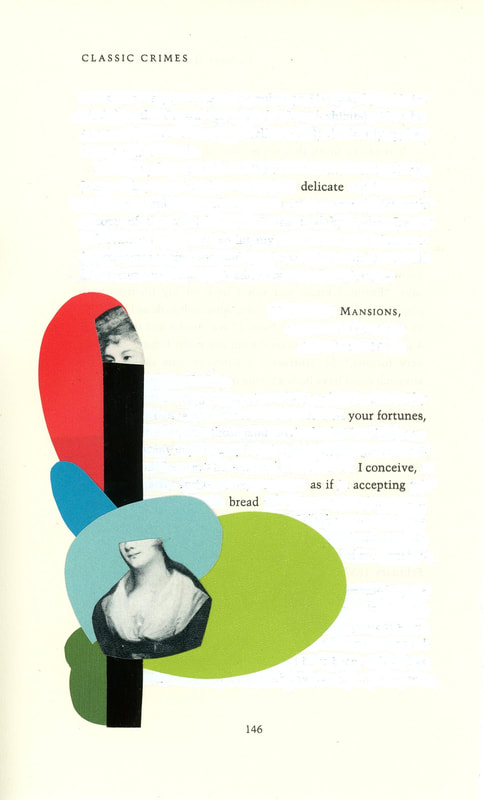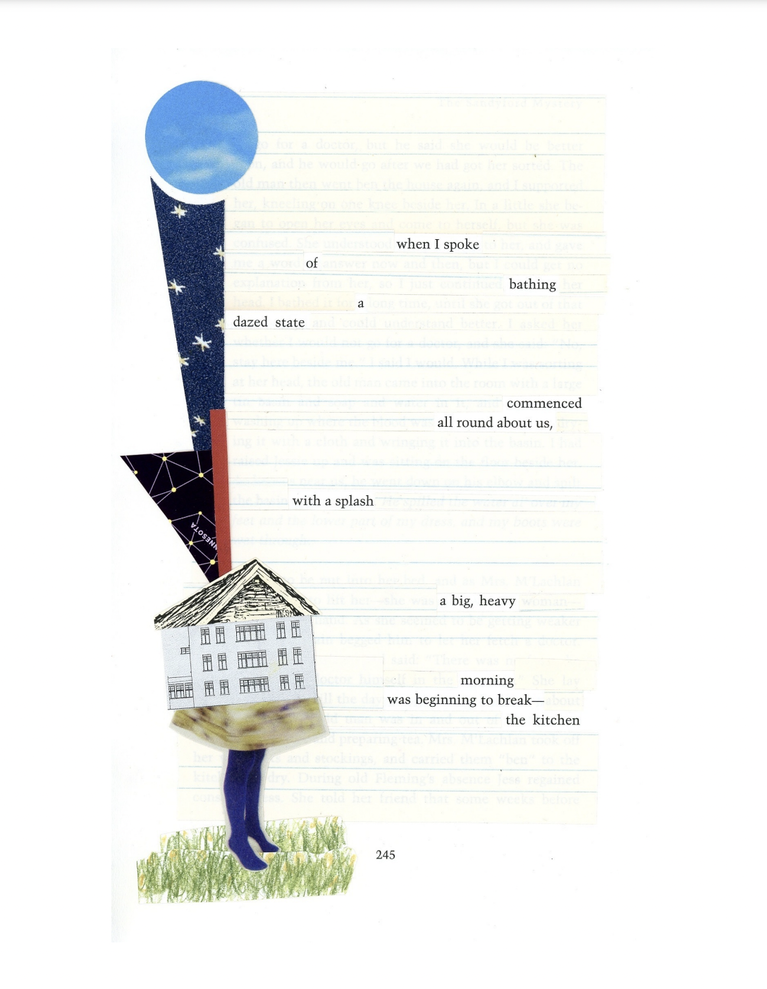by Keisha Cassel
Keisha is grappling with the mortifying idea of being known and sometimes writes poems.
1 Comment
by Mackenzie DuanEyeline
Advice from Co-Star
Mackenzie Duan is a highschooler from the Bay Area. Their work appears or is forthcoming in Vagabond City Lit, Frontier Poetry, Electric Literature, and elsewhere.
by Caroline Rubin
Caroline Rubin is a poet from Naples, Florida whose poetry has been published in Parallax Online, Navigating the Maze, the Jewish Literary Journal, and more. She is a graduate of the Iowa Young Writers’ Studio. Caroline’s work has been recognized by the Scholastic Art and Writing Awards and the NCTE Achievement Awards in Writing. She will be attending Harvard College in the Fall of 2023. carolinerubin.com
by Phoenix Tesni
Phoenix Tesni (she/her) is a 23-year-old poet from New Delhi. A Best Small Fictions finalist, her work can also be found in Sage Cigarettes, Limelight Review, Verum Literary Press, celestite poetry, and many other places. Phee likes to dedicate her life to consuming and creating art, petting every cat she comes across, and having as much fun as she possibly can. You can find her at phoenixtesni.com or on Twitter/Instagram @PhoenixTesni.
by Jeremy Radin
Jeremy Radin is a writer, actor, and teacher. His poems have appeared (or are forthcoming) in Ploughshares, The Colorado Review, Crazyhorse, Offing, The Journal, and elsewhere. He is the author of two collections of poetry: Slow Dance with Sasquatch (Write Bloody Publishing, 2012) and Dear Sal (Not A Cult, 2022). He is the founder and operator of Lanternist Creative Consulting, through which he coaches writers and performers. He likes to point at birds and try to remember their names. Follow him @germyradin
by Sarah J. SloatI Gratefully Bow Under One ConditionFetch a DoctorBoth poems are sourced from Roughead, William. Classic Crimes. NYRB Classics, 2000. Sarah J. Sloat is the author of Hotel Almighty from Sarabande Books. Sarah is originally from New Jersey but now lives in Europe. Her work has appeared in Tupelo Quarterly, Diagram, and elsewhere. You can keep up with her at sarahjsloat.com, on Twitter at @SJSloat and Instagram at @sjane30.
by Smile Ximai Jiang
Smile Ximai Jiang is a poet from Shenzhen, China and resides in Massachusetts. Smile serves as an editor for Polyphony Lit and The Lumiere Review. She is a 2023 poetry mentee of The Adroit Journal’s Summer Mentorship Program under Mario Chard. Her work appears in Peach Mag, Palette Poetry, and Kissing Dynamite. Smile loves sumo oranges and her cat. She tweets at @smiii_jiang.
by Georgio Russell
Georgio Russell is a Bahamian writer and an alumnus of the University of the West Indies, Jamaica. He is a past winner of the Peepal Tree Press Prize (2019), the Mervyn Morris Prize (2020), and The Editors’ Prize for Magma Poetry (2022/23). He was shortlisted for the Frontier OPEN Prize 2022, and long-listed for the National Poetry Competition (2022) held by the Poetry Society. Russell was a featured poet for the British Council’s project, “Unwritten Poems: Exploring Caribbean Engagement in WW1.” His work has been published in Yolk Literary Magazine, PREE magazine, Frontier Poetry, The London Magazine, Magma, and he has work forthcoming in Cordite Poetry Review. He currently lives in Brampton, Ontario, where he teaches English for Educate Academy. Some of his favourite poets include Derek Walcott, Lorna Goodison, Ocean Vuong, Jane Hirshfield, and Roger Reeves.
by MJ Gomez
MJ Gomez is a young writer from the Philippines, currently based in Saudi Arabia. Pursuing a Bachelor of Arts in English, they enjoy playing guitar on hot, sleepy days and stargazing through bus windows. Their work is featured in Healthline Zine, the Cloudscent Journal, the Lunar Journal, Lavender Bones Magazine, and others. You can find them on Twitter @bluejayverses!
by Farai Chaka
Farai Chaka is a writer from Harare, Zimbabwe. He is an avid reader who enjoys long walks and horror shows.
|

